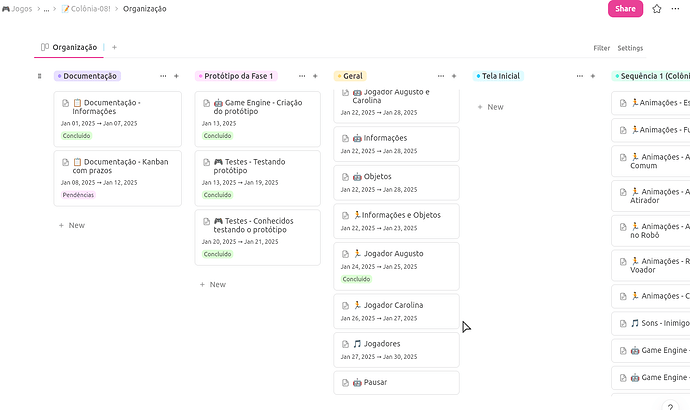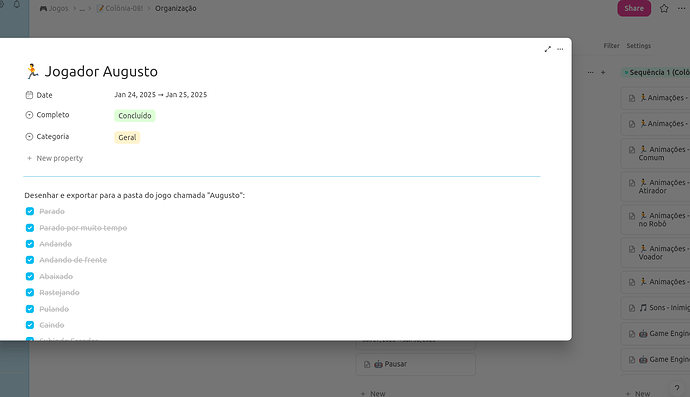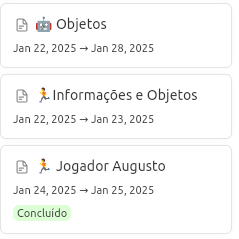Definitely depends on the project, but as that’s not very helpful as an answer in itself I usually spend a shift in work (or three) day dreaming about a game idea, then when it’s slightly better than a foggy, confusing mess in my mind I’ll whip out the ol’ word document when I get home and start jotting down key points and things that are relevant to actually create the vision. Step one, basically.
Like…if I’m thinking of a shmup game I’ll think about past ones I’ve played, the things they’ve done that I like and so on, then jot down precise instructions in bullet points for what I want to do. Not only does it make a checklist of sorts but also keeps ya grounded as you work through them. Having key points early on makes it easier to form the game too, both in the mind but also in the application.
Once I’ve jotted down the things I want in the game, then I start building around it with more info - story, characters, weapons, level design, art etc. It can sometimes take weeks before GDevelop’s even opened, let alone worked on. Definitely worth it to plan, plan and plan some more though, especially in dialogue-heavy games.
…So basically a word processor is a huge asset, haha! I know that sounds proper obvious but to be fair it’s a great help. Very easy to add/delete things too, and to backup locally. I wish I could add more software ideas but that’s all I use at the moment (and probably why I ain’t released anything of note yet either lmao).
Oh, and asking about game design in forums too, not just GDevelop but other game development-related forums. There’ve been some mechanics I’ve thought about using in games that I thought were the bee’s knees, only for multiple people to post that it’s not so good, and they gave solid reasoning too. The last thing you want is to work on something and spend a long time on it when there’s a chance it could be divisive/not very fun. Getting an outside opinion is very handy when ya get tunnel vision!
In regards to deadlines, use them if you work better with them. It definitely depends on the individual, but either way I’m a staunch believer in doing a little every day rather than pausing (if possible, of course).


